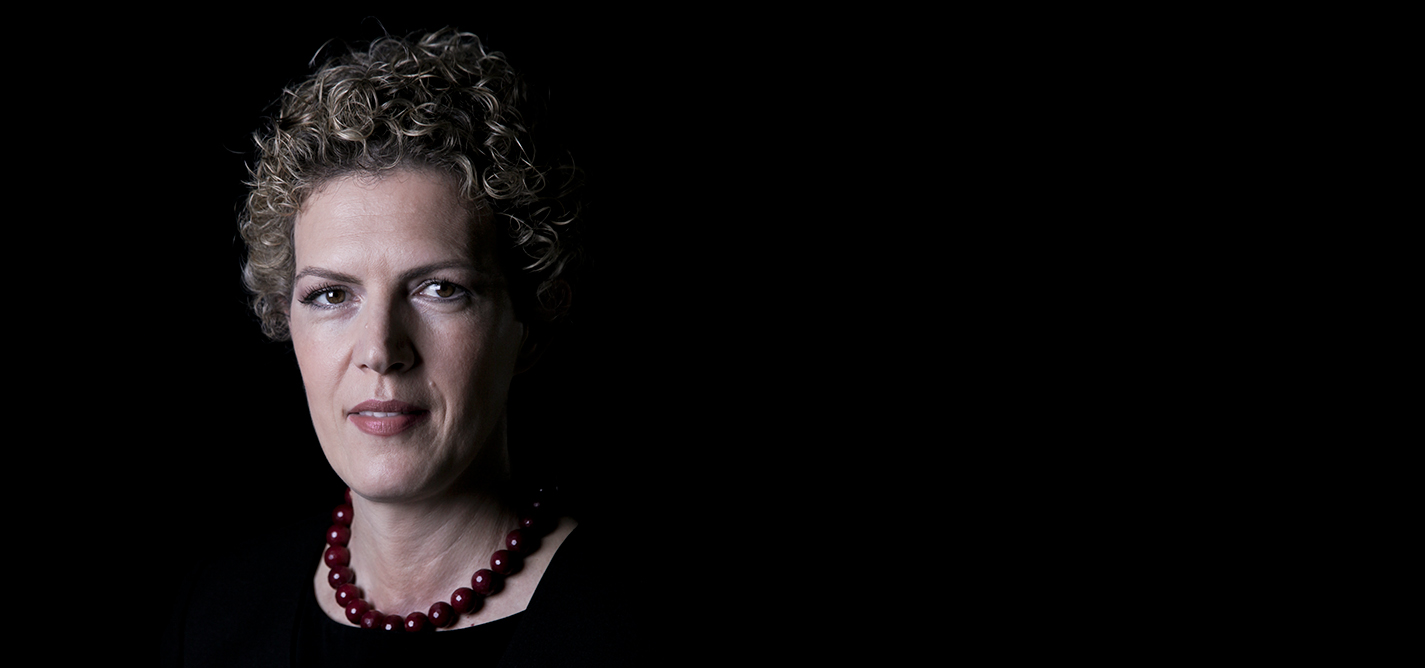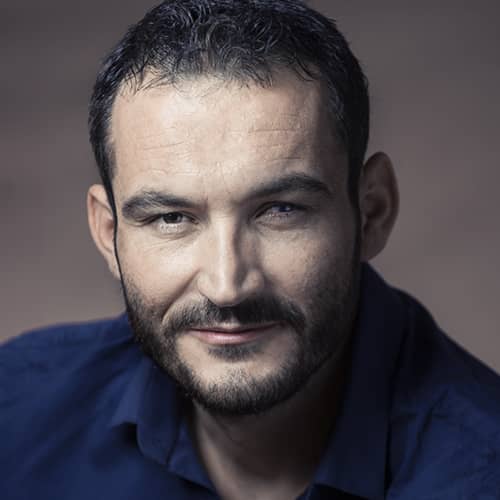
Mimoza Ahmetaj: The Balkans is a fragile region that is continuously influenced by external powers
New Minister of European Integration says the EU has a bright future, there is no plan B for Kosovo and border demarcation with Montenegro must pass in the Assembly.
One-on-one | EU
The European Union is still the most advanced democracy, the biggest market and one of the biggest economies in the world.
The European integration process is not a job for one ministry or department, rather it is multi-departmental.

Eraldin Fazliu
Eraldin Fazliu is a former journalist at Kosovo 2.0. Eraldin completed his Master’s on ‘European Politics’ at the Masaryk University in the Czech Republic in 2014. Through his studies Eraldin became interested in the EU’s external policies, particularly in promotion of the rule of law externally. He is a passionate reader of politics and modern history.
This story was originally written in English.